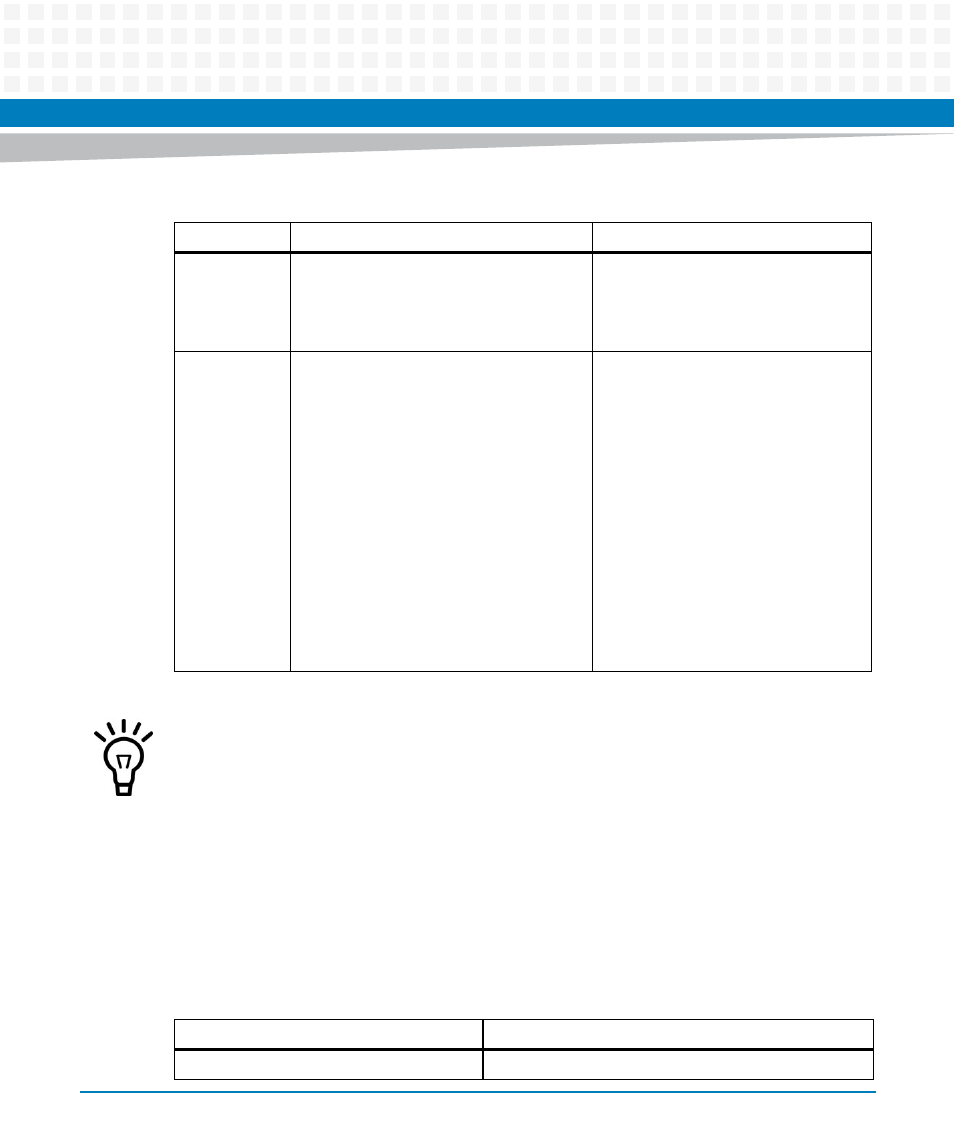Table 2-2, Critical temperature limits, Site preparation – Artesyn Centellis 2000 Shelf - DC Installation and Use (June 2014) User Manual
Page 67

Site Preparation
Centellis 2000 Shelf - DC Installation and Use (6806800G45F)
67
To guarantee proper blade operation, you have to make sure that the temperatures at the
locations specified in the following are not exceeded. If not stated otherwise, the temperatures
should be measured by placing a sensor exactly at the given locations.
Free fall
-
800 mm (packaged)
10 kg to 25 kg: 75 mm, >25 kg: 50 mm
(unpacked) per GR-63-CORE
fully populated system
Noise
ETSI ETS 300 753 (Oct. 1997)
Telecommunication equipment rooms
(attended): 7.2 Bel
Measurement of "declared A-weight
sound power level"
All values are applicable to normal
operating conditions (~23 °C/73.4 °F)
NEBS GR-63-CORE, Issue 3
Telecommunication equipment rooms
(attended): 78 dB
Measurement of "declared A-weight
sound power level"
All values are applicable to normal
operating conditions (~27 °C/80.6 °F).
-
Table 2-1 Environmental Conditions (continued)
Feature
Operating
Non-Operating (packed state)
The ambient temperature is defined as the air inlet temperature.
The Centellis 2000 Shelf - DC regulates the fan speed based on the temperature sensors
present in the shelf. The fan speed is adjusted to the lowest speed which still keeps the
evaluated temperature readings below or at their respective "upper non-critical
threshold". Hence, the fan speed depends on the ambient temperature, blade design,
temperature threshold settings, and system configuration.
Table 2-2 Critical Temperature Limits
Component
Maximum Temperature
Air inlet (system’s front)
55 °C (131 °F)